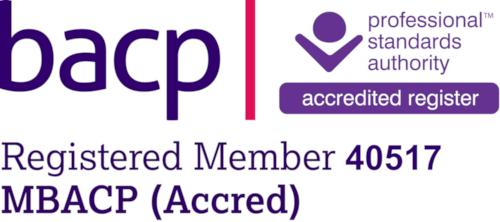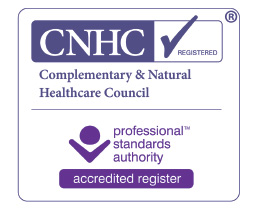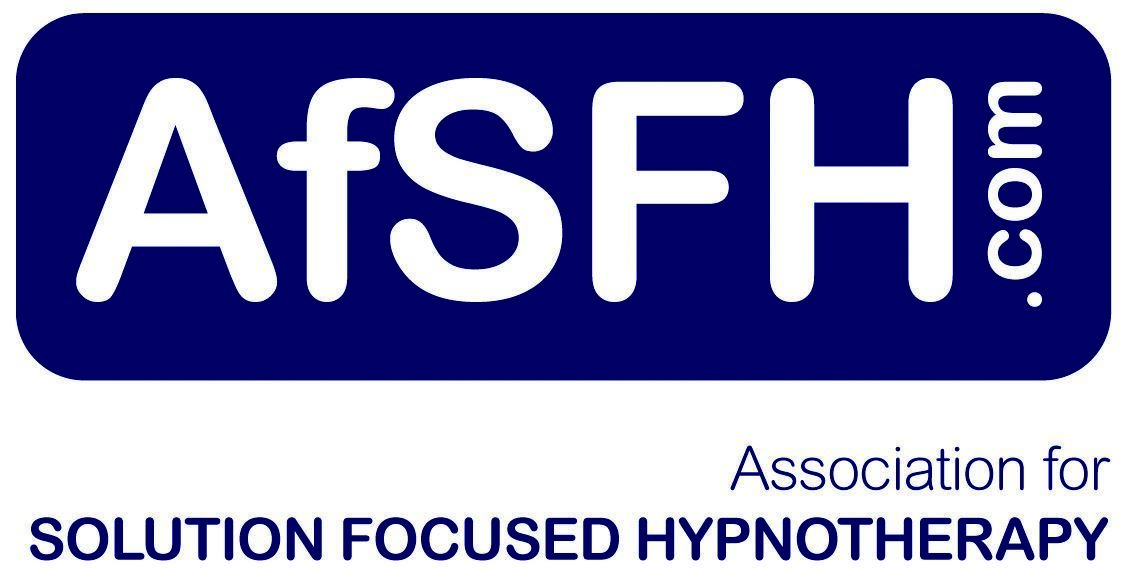Hypnotherapy for Intrusive Thoughts & Anxious Feelings
In Plymouth & Online
Get notified as soon as a space becomes available

Carolyn Gillan
BSc (Hons), AdvDipIntCouns, HPD, DHP SFBT (Hyp)
Improve Your Life With Hypnotherapy
If you're feeling overwhelmed by obsessive thoughts, anxious feelings, or compulsive behaviours, you're not alone — and support is available. I offer hypnotherapy for symptoms associated with OCD and anxiety in Plymouth and online, helping you manage difficult thoughts and emotions in a calm, supportive space.
Hypnotherapy can be a powerful way to explore what's beneath the surface, helping you shift patterns that may be keeping you stuck and build confidence in your ability to cope.
🌿
The LIBERATE Approach
Flexible, Compassionate, and Research-Informed
As part of my work with clients, I use the LIBERATE Approach — a flexible framework I’ve developed over many years of clinical practice. It draws from the latest psychological research and integrates well with hypnotherapy.
Each element of the LIBERATE Approach is designed to support you in managing OCD and anxiety with greater clarity and confidence. Together, we focus on:
Learning how OCD and anxiety operate
Identifying your unique patterns and triggers
Cultivating self-compassion
Building resilience through real-world tools
Accepting uncertainty and letting go of over-control
Reconnecting with your values and what matters most to you
Hypnotherapy supports this work by gently accessing the subconscious mind — where core beliefs, habits, and emotional responses are often stored.
🔍
How Hypnotherapy Helps with Intrusive Thoughts and Anxious Feelings
Hypnotherapy helps by creating a calm, focused state where change becomes more accessible. You remain in full control during sessions, but your mind becomes more open to suggestions that support your goals.
Together, we’ll work to:
Reduce the emotional intensity of intrusive thoughts
Calm the nervous system and reduce anxiety symptoms
Break cycles of reassurance, avoidance, or compulsive behaviour
Strengthen self-trust and emotional regulation
Reframe unhelpful thought patterns at a deeper level
It’s not about erasing thoughts — but about changing how you respond to them so you feel less stuck and more steady.
💻
Online or In-Person Support — You Choose
I offer hypnotherapy sessions in Plymouth at my private practice, or online via Zoom, depending on what works best for you. Many clients find online sessions just as effective and more convenient, especially for busy or home-based lifestyles.
📞
Ready to Take the Next Step?
If you're curious about how hypnotherapy — paired with the LIBERATE Approach — can help you feel more grounded, calm, and connected to what matters, get in touch. I offer a free initial chat to help you decide whether it feels like the right fit.
Get your FREE hypnosis audio
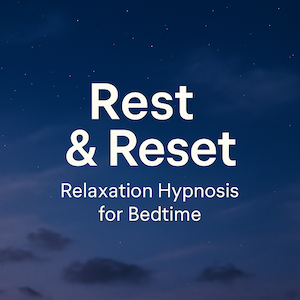
A good night’s sleep is one of the most powerful tools for supporting your overall wellbeing. When you're well-rested, it's easier to manage intrusive thoughts, regulate emotions, and respond to challenges with clarity and resilience.
This free hypnosis audio is designed to help you unwind at bedtime, calm a busy mind, and ease gently into restful sleep. Let it guide you into a deep state of relaxation—giving your body and mind the chance to reset, restore, and recharge.
Sign up now to listen straight away
By signing up, you agree to receive the hypnosis audio and occasional emails from me. You can unsubscribe at any time. You also agree to my Privacy Policy, Terms and Conditions, and Disclaimer.
Sign up to my newsletter
You’ll receive my LIBERATE Yourself newsletter—filled with fresh insights into OCD and anxiety, uplifting encouragement, and practical tools from a therapist who truly understands.

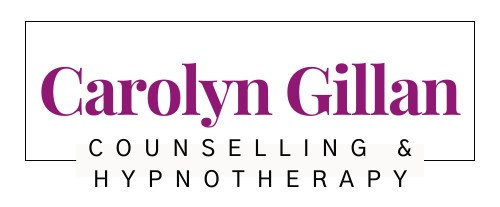
Copyright 2025. Carolyn Gillan Counselling and Hypnotherapy. All Rights Reserved.
